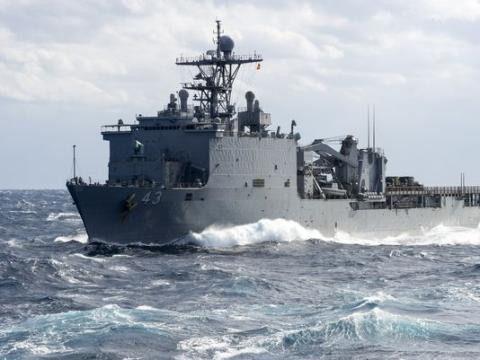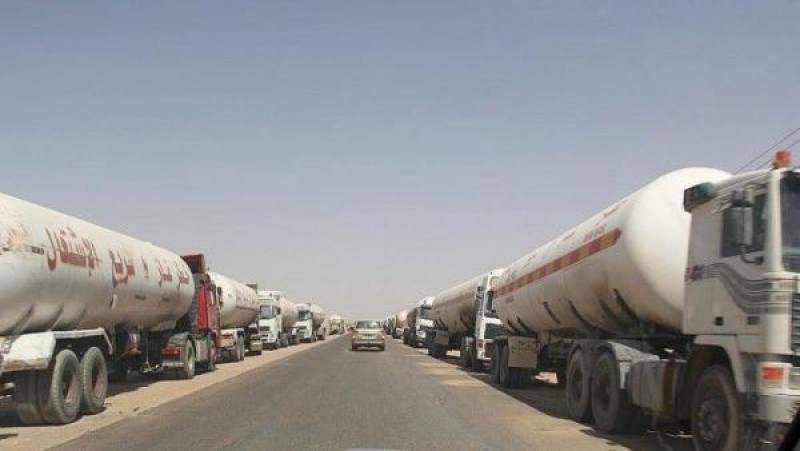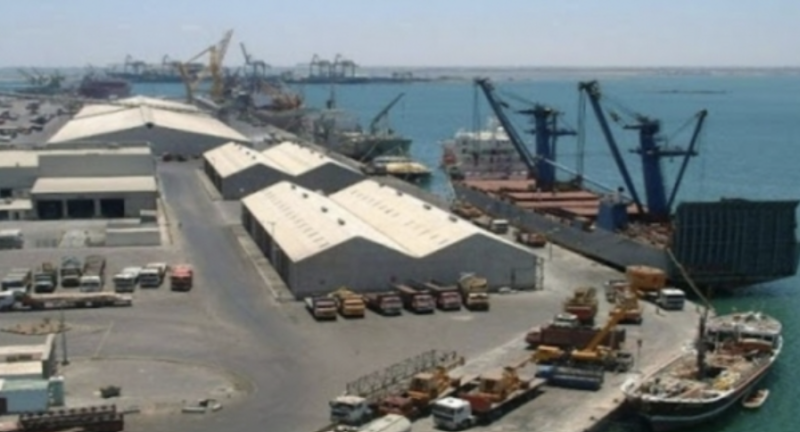Yemen’s divisions: The U.S. should reconsider its aid and presence


The disintegration of Yemen, a country of 24 million strategically located on the Red Sea and Gulf of Aden, with borders on Oman and Saudi Arabia, also constitutes the collapse of an important piece of U.S. policy in the region.
The failure is not due to U.S. miscalculations, but to the terrible, violent complexity of Yemen’s situation. That, of course, could have been considered by Washington as a reason not to engage U.S. forces and aid in Yemen in the first place.
Yemen has several notable cleavages. First, there is a basic north-south divide which, at one time, divided it into two countries, with capitals in Sana’a, where the government now resides, and the port of Aden, where the U.S.S. Cole was attacked in 2000. There is also an Islamic divide, with an estimated 65 percent of Yemenis Sunni, and 35 percent Shiite. There is also a split between ordinary Yemeni Muslims and more extreme Islamists, who are spearheaded by al-Qaida in the Arabian Peninsula and active in Yemen.
Strong rivalries also divide tribes and leaders. The United States backed the 2012 ouster of longtime President Ali Abdullah Saleh, who was replaced by current President Abdu Rabbu Mansour Hadi. His palace was overrun Tuesday by rebel Shiite Houthis, who seized Sana’a in September. The United Nations Security Council then called for a ceasefire.
The United States supports Mr. Hadi, has Special Forces at Yemen’s largest military base and has sent aid of $200 million in the past few years. The United States has killed a number of Islamists in Yemen, including three American citizens, with drone attacks, and lost an American hostage, Luke Somers, a photojournalist, who was killed during a failed rescue in December.
If the United States were to shift support to the ascendant rebel Shiite Houthis against Mr. Hadi and his forces, that would put America on the same side as Iran. Mr. Hadi is also backed by AQAP and other Sunni forces, no U.S. favorites either.
It is probably time for the United States to get out of the middle of this horrible, confused, bloody street without joy before it gets even worse.
Post Gazette

Aden — The Yemen Gas Company announced Friday the deployment of a fleet of 461 trailers carrying household gas to the interim capital Aden an…

Aden — The internationally recognized government of Yemen has announced the signing of a major agreement to rehabilitate and relaunch operati…

Aden -- Yemen Airways has announced the cancellation of the mandatory round-trip ticket requirement for passengers traveling from Yemen to Saudi Ar…